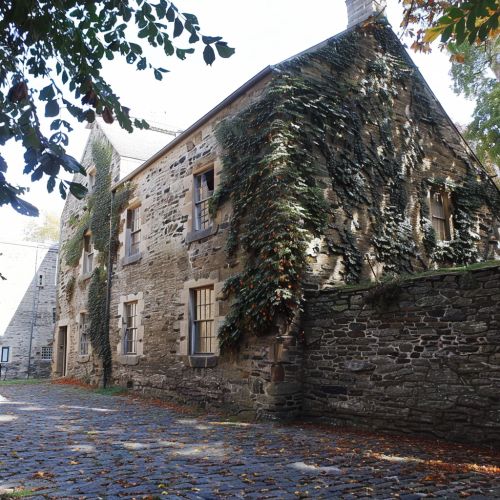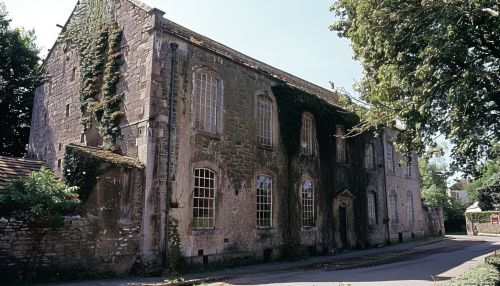Dissenting Academies
Background
The Dissenting Academies were educational institutions that emerged in England in the late 17th and early 18th centuries. They were established by religious nonconformists who disagreed with the teachings and practices of the Church of England. These academies provided a broad curriculum, including the humanities, sciences, and vocational subjects, and were significant in the development of higher education in England.


History
The Dissenting Academies originated from the Act of Uniformity 1662, which required adherence to the practices and rites of the Church of England. This led to the ejection of over 2,000 clergymen who refused to comply with the Act's requirements, known as the Great Ejection. Many of these ejected ministers went on to establish their own educational institutions, which came to be known as the Dissenting Academies.
Curriculum
The curriculum of the Dissenting Academies was broad and comprehensive, reflecting the nonconformists' belief in the importance of a well-rounded education. It included classical languages, literature, history, philosophy, mathematics, natural sciences, and vocational subjects such as law and medicine. This was in contrast to the universities of the time, which focused primarily on classical studies.
Influence
The Dissenting Academies played a significant role in the development of higher education in England. They provided an alternative to the universities of Oxford and Cambridge, which were under the control of the Church of England and excluded nonconformists. The academies also contributed to the spread of new ideas and the promotion of intellectual freedom, which was instrumental in the Enlightenment.
Legacy
The legacy of the Dissenting Academies can be seen in the modern education system. The broad curriculum they championed is now a standard feature of education, and their emphasis on intellectual freedom is a fundamental principle of academic life. Moreover, many of the academies evolved into prominent educational institutions, such as University College London and Manchester Academy.
